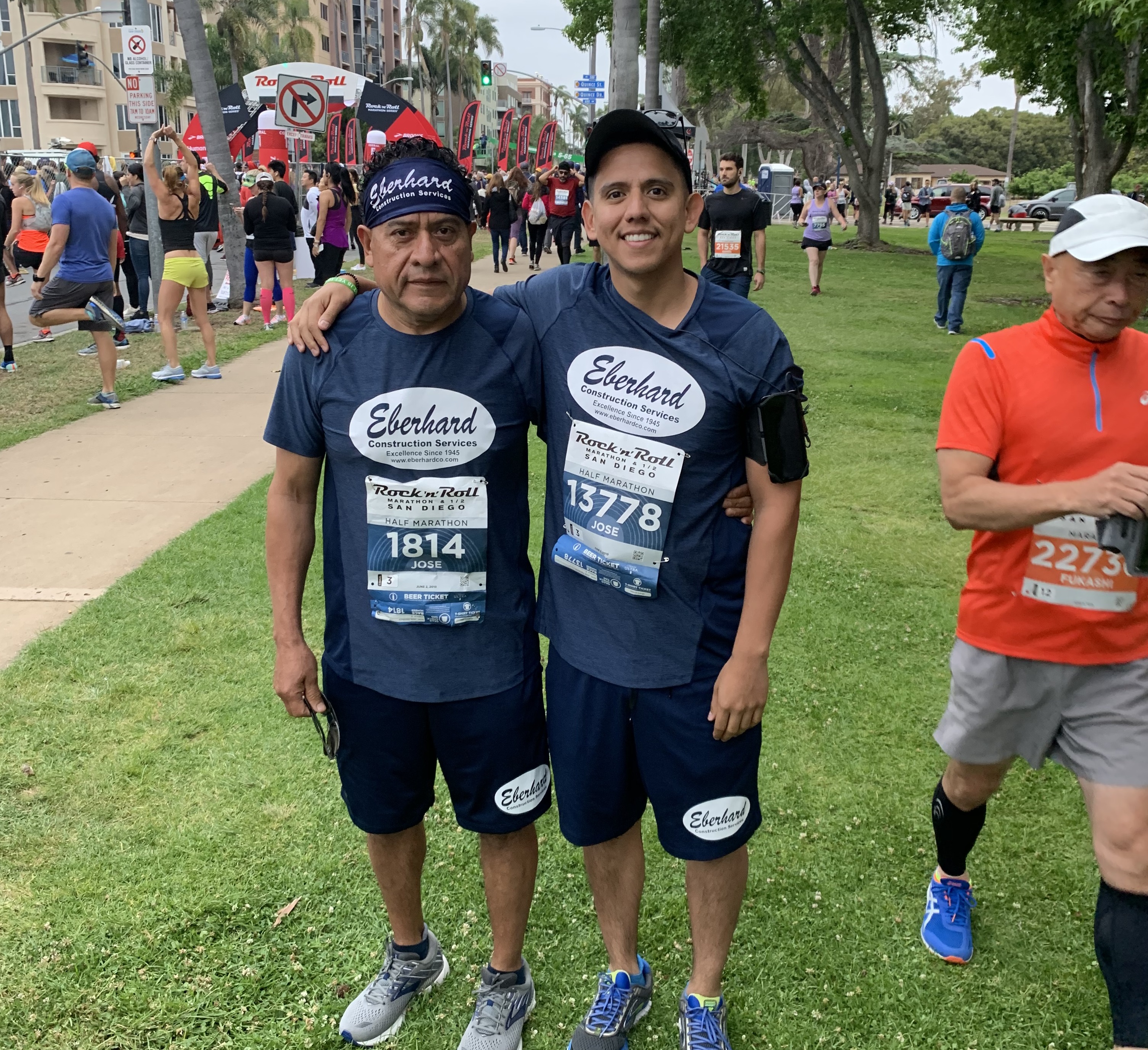
Jose Mendoza has taught coding enrichment classes to grade schoolers for five years. After college, he joined Americorps and earned a placement at a public school as a full-time tutor. He first learned about coding through Hour of Code, a one-hour introductory course imparting computer science basics for those without technical experience.
He later found a position in San Jose doing community outreach to get kids excited about coding and expose them to the basics. Coding classes were uncommon in his middle-class Los Angeles community, so Jose felt he was making an impact.
He recently decided to take his coding skills to the next level by enrolling in Springboard’s Cyber Security Career Track while working full-time as a public school teacher.
Coding is the future. It’s the key to getting a good job and anticipating future advancements they’ll see when they get older. Even if they don’t want to pursue a career in STEM, having that exposure is important. It’s something I wish I had when I was a kid.
I’ve always been curious about security hacks and data breaches. I would gravitate toward those news articles. Cybersecurity seemed like such a fascinating world, but I wasn’t sure where to start. I learned how to code in Javascript and do web development, but it didn’t interest me as much as cybersecurity.
I want to complete my transition into tech. Right now, I’m studying for my CompTIA Security+ exam. My main goal is to land a job in cybersecurity.

Honestly, it was tough. I established a routine when I got home from work. I spent two and a half hours each day on solid study time to complete my assignments, watch the lectures, and complete assignments.
Studying in small chunks was more effective. If I tried to study more, I’d feel like I was burning myself out and not grasping as much material.
What stood out to me was the mentor component. My mentor was understanding and helpful. The flexibility is what drove me to apply to the program. I didn’t have much availability during the week, but I could work through the course material in my spare time. Everyone was supportive of my schedule.
My mentor was Lionel Fairon [director of cybersecurity at a consulting firm]. He was super helpful. He would explain technical concepts to me at a very basic level so I could understand them. But what I appreciated most was his patience, knowing I was new to the material, and his understanding when I fell behind on assignments.
My career coach gave me many tips on using LinkedIn–what to post on my profile and how to make it more cybersecurity-focused to catch the eye of potential employers. He taught me how to make connections and find people in my alumni network already in the cybersecurity industry.

I have impostor syndrome, like many others who enter a new field. But finishing the program gave me confidence. This is the start of something. Knowing I could stick it out tells me I made the right decision.
The capstone project was a penetration test. We were tasked with doing a reconnaissance. I had to research a company and find vulnerabilities and access points. It put me in the shoes of a real penetration tester.
I also learned how to communicate my insights in writing. Cybersecurity analysts must explain their findings, and the capstone project gave me the experience of someone in the field.
I’ve been watching a lot of YouTube videos by Professor Messer. I’ve also used the official Security+ study guide. Every chapter has a practice quiz, which helps a lot. I’m also taking a separate course on Udemy just for the Security+ exam. There are a lot of free resources available to study for the exam.
My partner was very supportive. She knew I couldn’t make plans on certain days. Sometimes I needed help doing errands. She understood my time was limited and I needed to focus on studying, so she helped me do things I couldn’t do and keep up with life.





